Guest Post: To Bee or Not to Bee
That is the question
Privacy is dead. You can no more go “off the grid” than you can watch a tenth of the content available on Netflix. One of over three hundred video streaming services that predict your predilections.
Same deal with every other “smart” device and app with which you interact on a daily basis. Some of which you own (e.g., your “smart phone”), some of which own you (e.g., speed cameras).
Apple, META, Microsoft, Amazon, Google, TikTok – the brotherhood of big tech behemoths make reassuring claims about protecting user data. But really, they’re protecting their financial interests, not yours.
Besides, who cares about safeguarding personal data from digital oligarchs?
Everyone knows Big Tech uses user data to bank billions. As long as the info doesn’t leak to spammers, blackmailers, extortionists, pig butchers and the like, privacy is a moot point.
The trade-off? Customization. Unlike the bad old days — when tens of millions of consumers got the same thing at the same time — AI makes sure you get what you want. And what do consumers really, really want?
A Wearable That Understands You
Like it or loathe it, Bee is brilliant.
It’s an AI-enabled smart phone app + bracelet that monitors your conversations, texts, emails, GPS location and physical movements to create an interactive database of your habits, opinions, purchases, relationships, everything.
Privacy? Poof! Gone! Tech Crunch:
In its current privacy policies, Bee says that users can delete their data at any time and that audio recordings are not saved, stored, or used for AI training. The app does store data that the AI learns about the user, however, which is how it can function as an assistant.
As the screen caps from my Bee reveal, the app is way more than an “assistant.”
Bee does the Chat GPT thing, answering any and all your questions with politically correct aplomb. It’s unique selling point: monitoring, processing and regurgitating your intel to “make your life easier.”
Specifically, summaries and/or transcripts of all your electronic and spoken comms and a highly personal “Suggested To-Do’s” list.
Bee All You Can Bee
Unlike other AI apps, Bee doesn’t wait for you to ask it a question, or guess who you are (what you do or don’t do, like or don’t like, think or don’t think).
To get a proper read on your habits, beliefs and desires, Bee asks you to verify or reject collected “facts.”
In so doing, Bee has a better bead on you than any biped you can name; including friends, family and significant others.
Bee wear!
Bee updates your profile on a second-by-second basis until the day you die, the seven-day battery runs out of juice or you mute the microphone.
Assuming Bee keepers don’t listen in without permission. What are the odds? Whatever they are, they just got higher.
Here Bee Dragons
Earlier this week Amazon bought Bee. How great is that?
On the positive side, it’s only a matter of time before Bee’s free. The cost will be covered by product recommendations that make Alexa’s “according to your recent purchase history” recommendations seem like magazine ads.
On the not-so-positive side, Amazon is about as trustworthy as L. Ron Hubbard [was].
Lest we forget, Amazon shared Ring security camera footage with law enforcement without the owner’s consent or a warrant. And paid fines for surreptitious surveillance.
Now that Bee knows for a “fact” that I’m a marijuana user — detected through recorded conversations — what’s to stop Bezos’ Boyz from dropping the dime?
Are we looking at the ultimate personal assistant or Bee as Big Brother, “steering” users towards Amazon’s choice of people, places, things and ideas?
By the same token, it’s easy to imagine Bee flagging users’ illegal or “inappropriate” responses with the aid and comfort of any number of government agencies. If only because it’s happened before. And may still be happening.
Bee Mine
Why in the world would anyone willingly surrender all their personal data to Beemazon? Loneliness.
The 2025 Pew Research stats above chart the percentage of American adults who “feel lonely or isolated from those around them all or most of the time.”
While correlation doesn’t necessarily equal causation, sometimes it does.
I’m thinking the arrival of the Internet in the mid-90’s and the iPhone in 2007 account for the startling, skyrocketing loneliness stats and the dramatic, age-related disparity.
Bee that as it is, I reckon Amazon’s C-Suite figures chronically wired young ‘uns are primed to use technology to counter technology’s negative effects – regardless of what used to be called “privacy concerns.”
Bee Wear
Bee be the “one killer app to rule them all” Big Tech biz is chasing like an amphetamine-crazed dog. As the old joke asks, what happens if the dog catches the car?
On one hand, you’ll never be alone again. On the other hand, you’ll never be alone again.
Read more from the O.G. of car controversialists at Animals Are Dangerous.


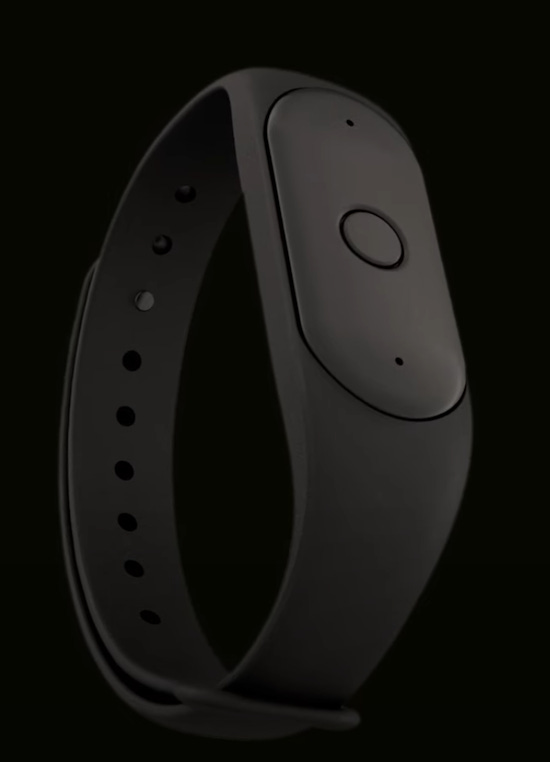

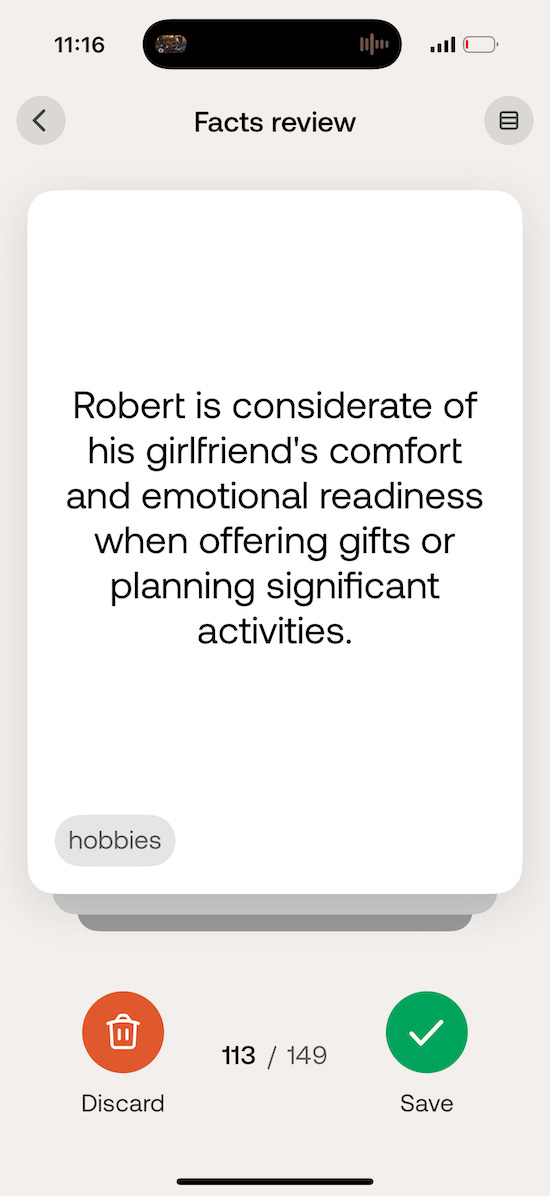
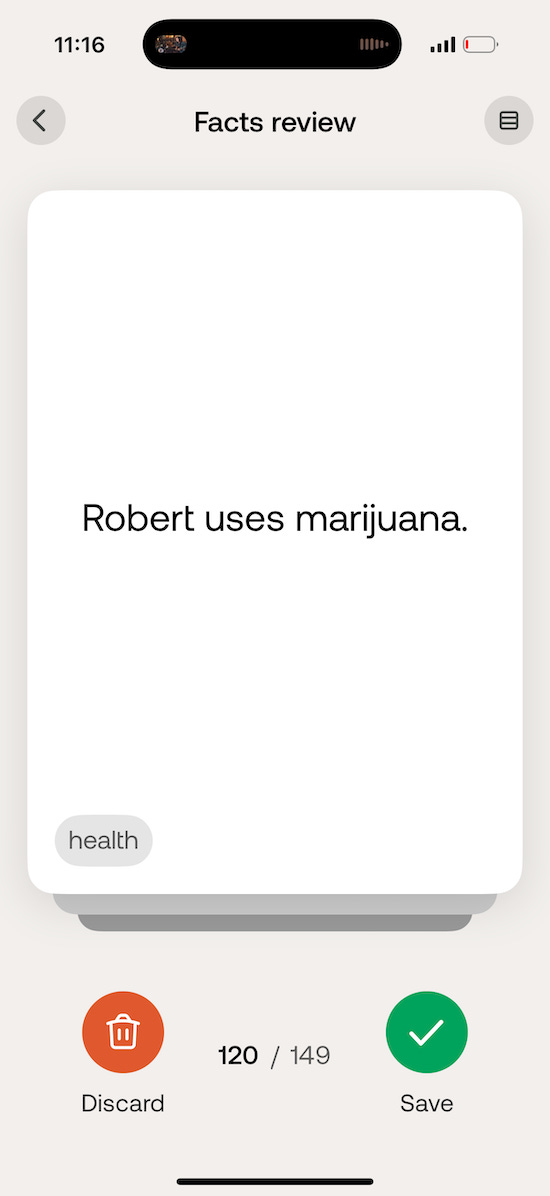
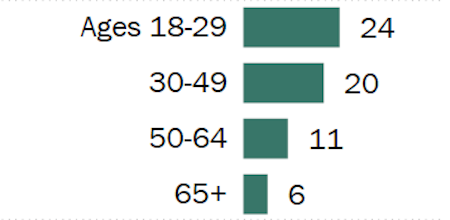
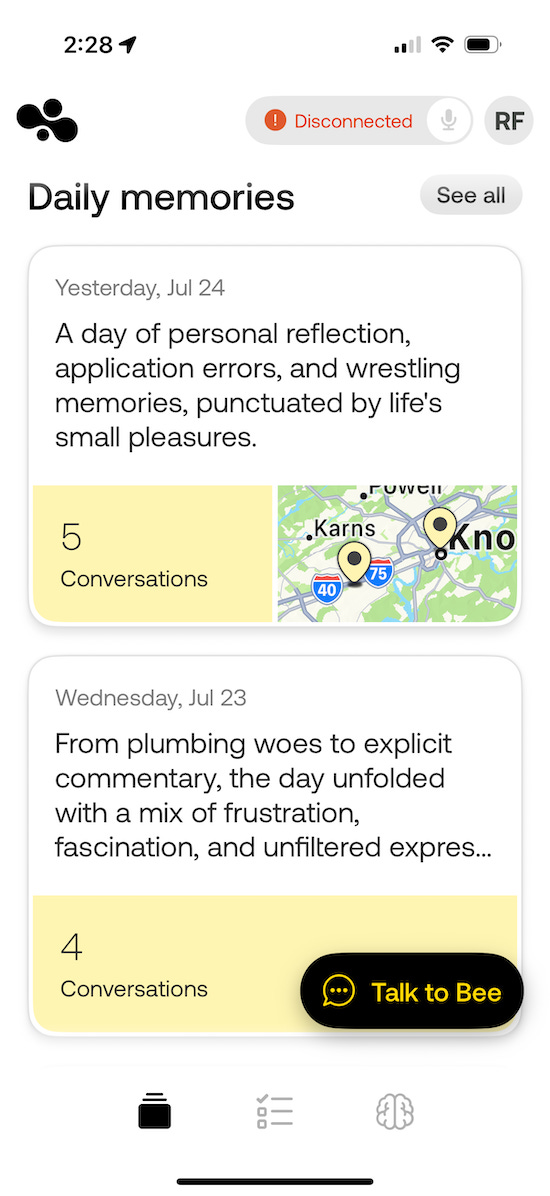
And you had better believe that Amazon will hire a boat load of Psychologists to figure out how to make BEE users 100 percent dependent on BEE. Just like Zuckerberg did with Facebook (got caught, got fined, but notice that didn't stop him).
They'll slowly take over all of the user's lives and who knows? Maybe they'll start using them to 'Karen' everyone else into behaving?
I have honestly been debating putting a phone charging box outside the house and just leaving mine out there from now on when I'm home. I know far more about the surveillance state than I am comfortable with, but back when it was the government doing it, you knew there were at least SOME rules - though yes, they don't often follow them.
Now we have private industry engaging in even worse abuses with these things and laws are quietly changed to let them just keep going on with it. I have no idea where it will all end, or what it will lead to...
But I'm sure if we're all still alive we won't care very much for it.
boy that sure does sound like a really swell piece of new and useful tech mr farago
i want every example melted into a puddle immediately